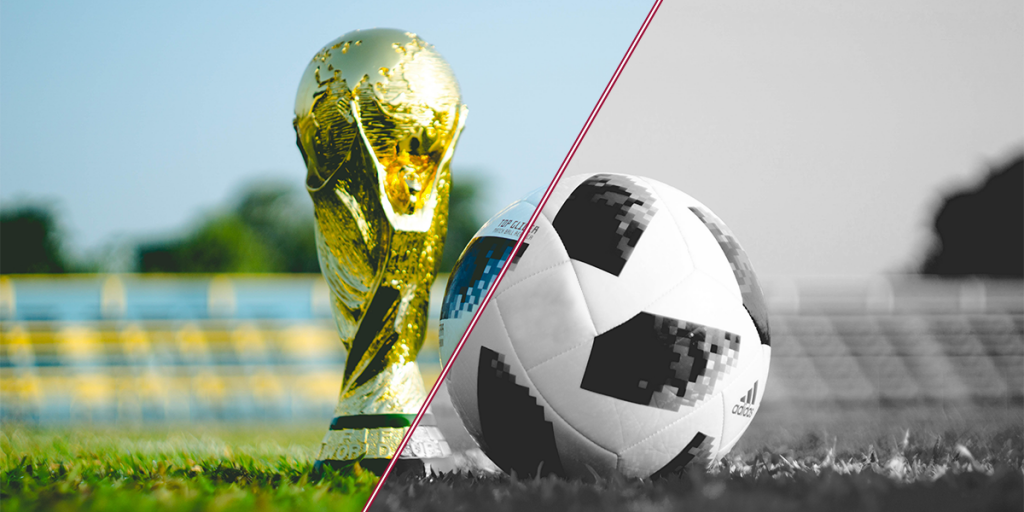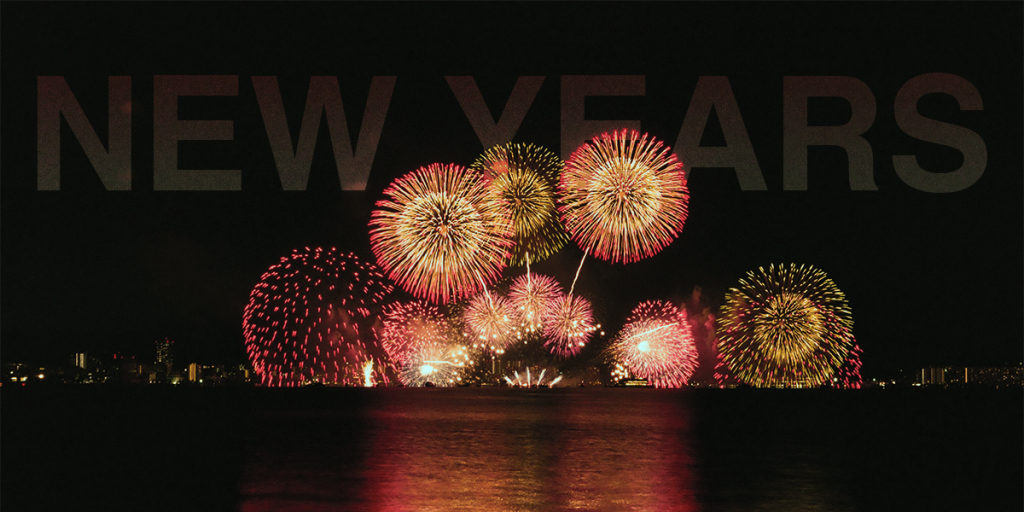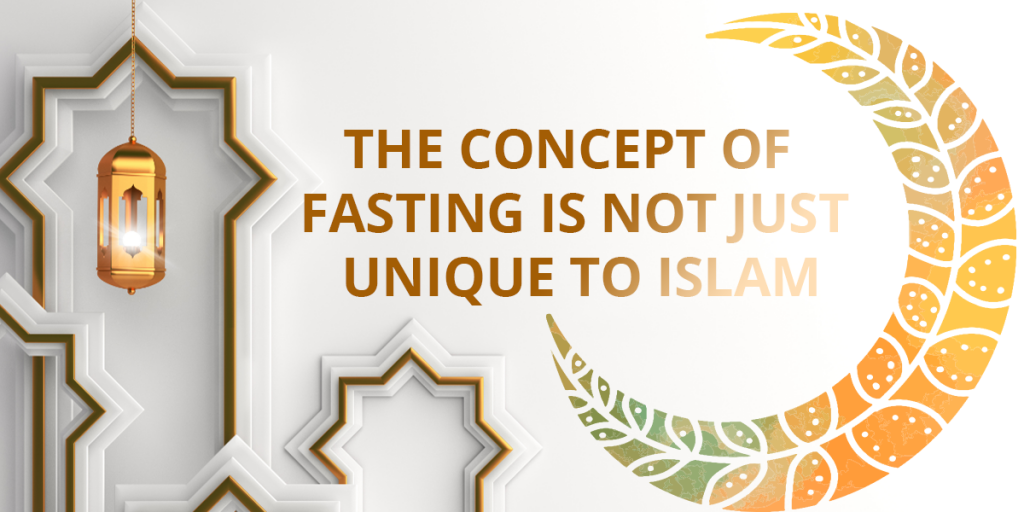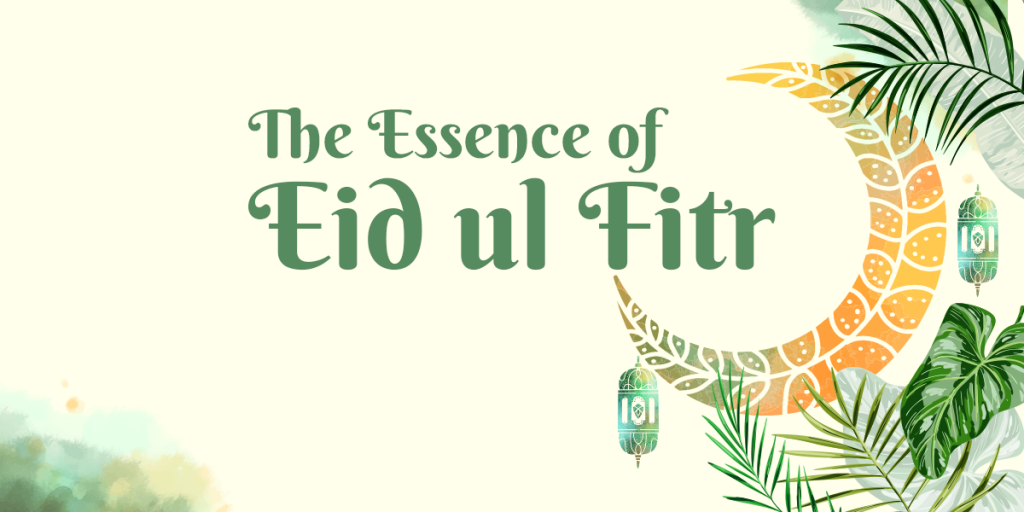Eid ul Fitr
As a child growing up in the ‘70s London, Eid was not a well-known festival outside of the Muslim community, which itself was quite small.1 However, I remember being extremely excited and always waited with anticipation for the day to arrive. I had observed my parents and older members of my family fasting during the month of Ramadan. The period of fasting would usually be for 30 days and would be followed by a day of celebration called Eid-ul-Fitr which means the ‘feast of breaking the fast.’ 2
Ramadan itself is not just about abstaining from food and drink. The real focus is on strengthening one’s relationship with God through extensive prayer and developing better daily habits i.e. reading the Muslim holy book, the Quran, making sure we serve our communities more effectively, taking care with our language and behaviour, being more diligent with attending the mosque for prayers etc.
So, as children, we were constantly instructed on the relevance and value of the above points with regards to Ramadan so that we were clear that the Eid celebration was about celebrating these achievements rather than just receiving gifts.
Nevertheless, we were always so excited in the run-up to Eid. Our parents would buy us new clothes and purchase elaborately embroidered cloth that my mother would turn into amazing traditional Pakistani style dresses for my sisters. All of our favourite foods and desserts were cooked. During these times our house became a hive of exciting activity.
On the day of Eid-ul-Fitr itself, my abiding memory was waking up to the smell of wonderful cooking aromas in the house mixed with my father’s Old Spice aftershave and the various perfumes of the time belonging to the ladies of the house.
I would dress in my new clothes and partake of the traditional breakfast which was seviyan 3 (sweet vermicelli). We would then all proceed to the mosque, mission house or in our case in the ‘70s, a hired hall for the special Eid prayer. As adults now, we are the ones who fast and teach our children about the relevance of Ramadan and the Eid celebration.
The sweet vermicelli may not now be a feature for breakfast, however, we still go for Eid prayers to our local mosque. As was the practice of the Holy Prophet Muhammad (peace and blessings be upon him) Muslims generally go to the Eid prayer by one route and return home by another route.4
All family members are encouraged to attend the mosque. Once you arrive at the venue where the prayer is being held, it is important to sit and remember God in silent prayer.
The Eid prayer is a special, extra congregational prayer that falls in line with the practice of the Holy Prophet Muhammad (peace and blessings be upon him).5 Following the prayer there is a sermon from the local Imam (priest) and this is followed by a short silent prayer. After this, people in the mosque will greet each other with “Eid Mubarak,” which means ‘blessed festival/celebration’.6
Then, it’s time to head home to spend time with the family and eat the good food that has been prepared. The Eid celebration marks the end of Ramadan and fasting, however, it should also mark the beginning of the continuation of the good habits and deeds, (mentioned earlier) accrued during the past month.
This is the real essence of Ramadan and Eid-ul-Fitr. May God grant us all the ability to make this so. Ameen
References:
- https://en.wikipedia.org/wiki/Islam_in_the_United_Kingdom
- https://www.alislam.org/question/why-how-eid-ul-fitr-celebrated/
- https://food.ndtv.com/food-drinks/happy-eid-2017-the-significance-of-preparing-seviyan-kheer-1428494
- https://www.alislam.org/book/salat/eid-ul-fitr-eid-ul-adha-festivals/
- Is It obligatory to offer Eid prayer: https://www.alislam.org/question/why-how-eid-ul-fitr-celebrated/
- https://en.wikipedia.org/wiki/Eid_Mubarak





